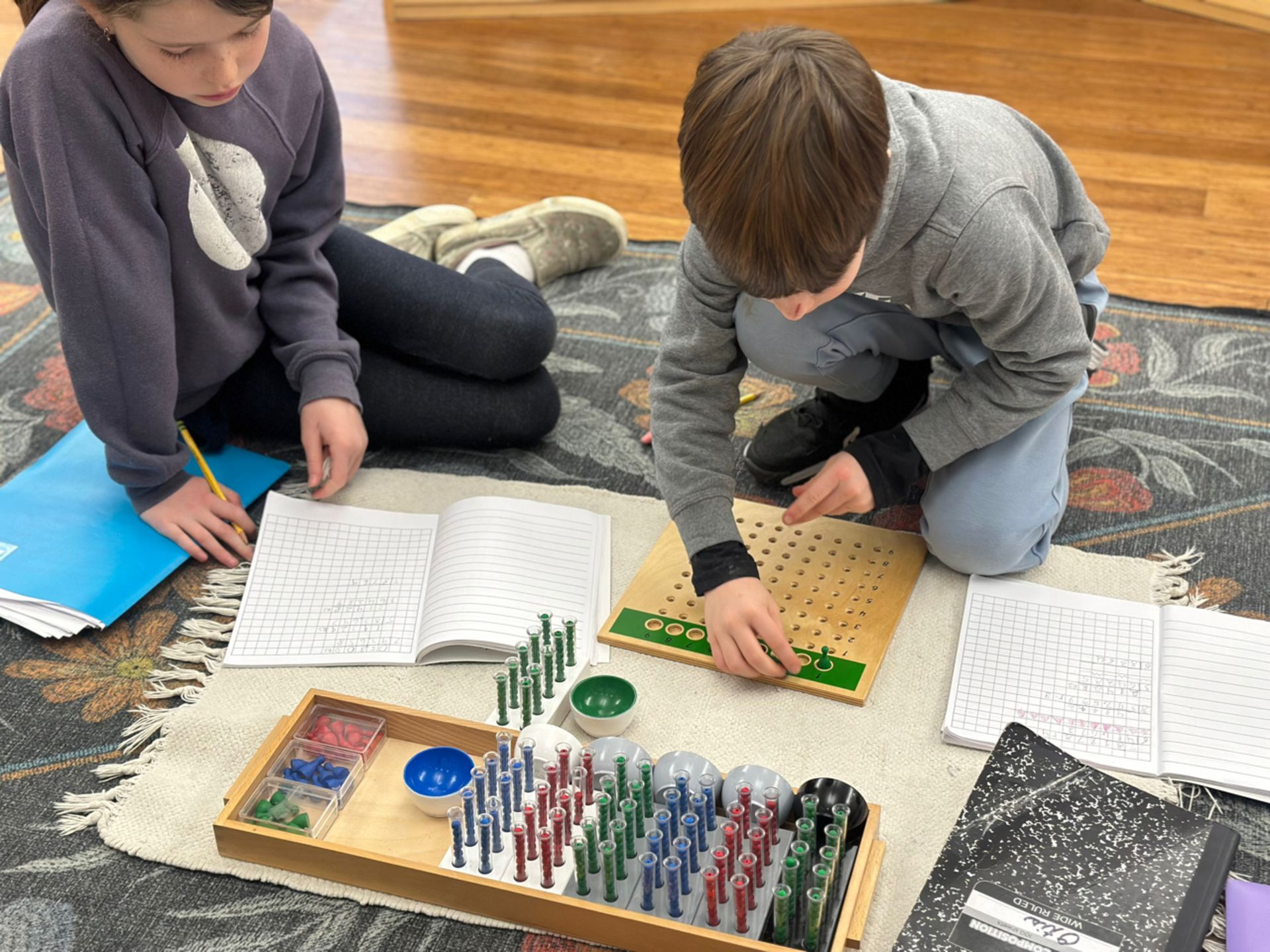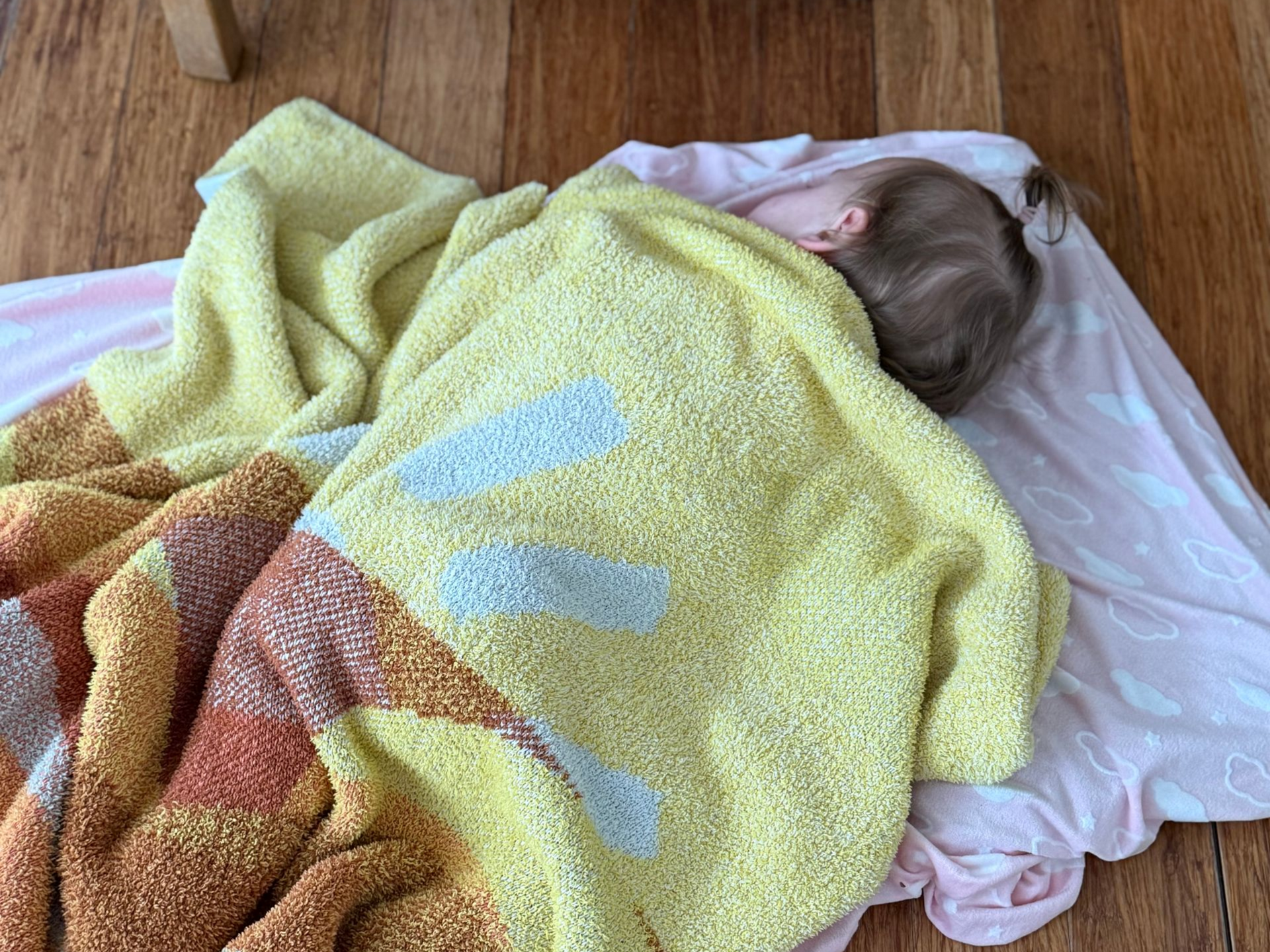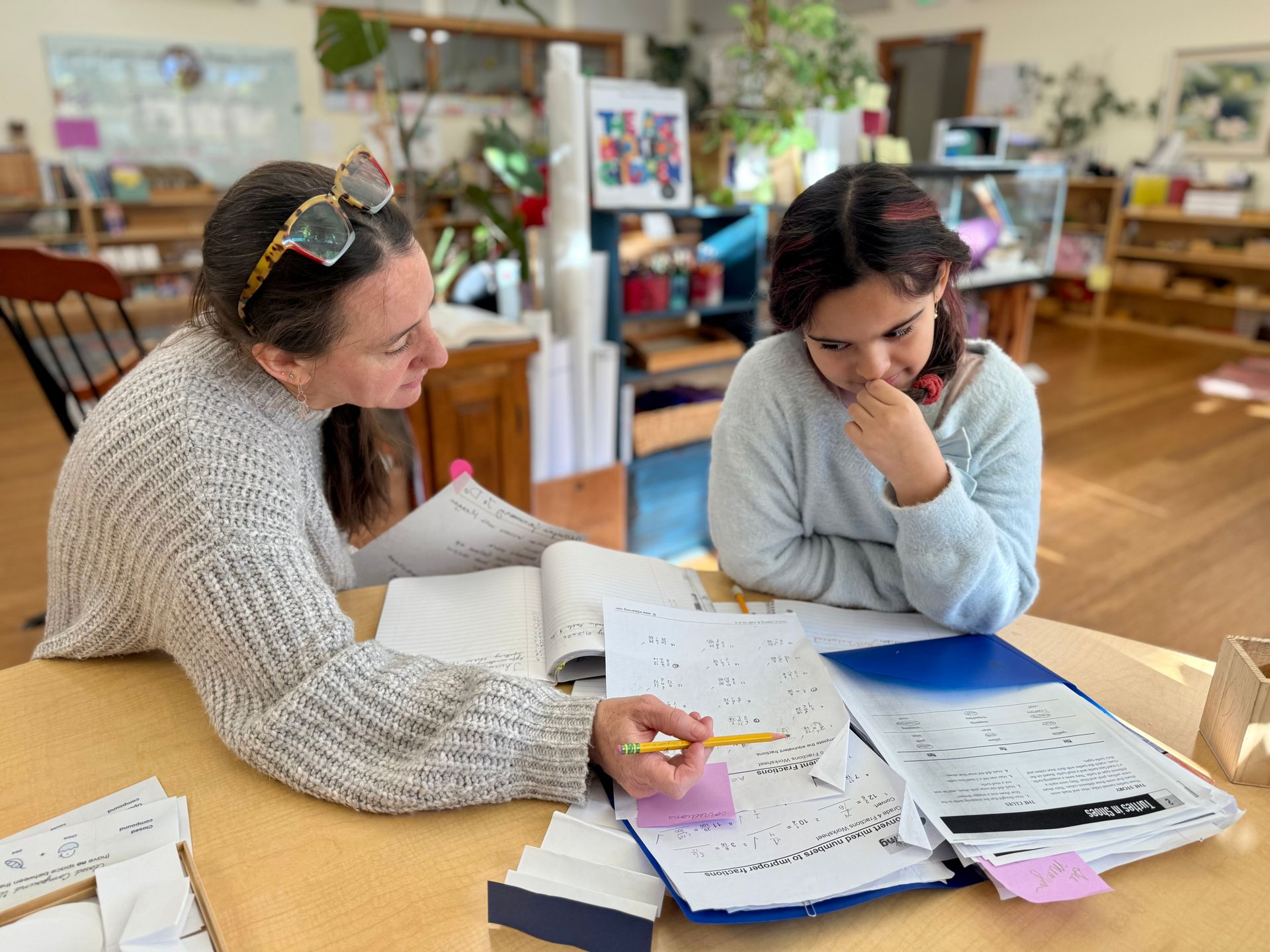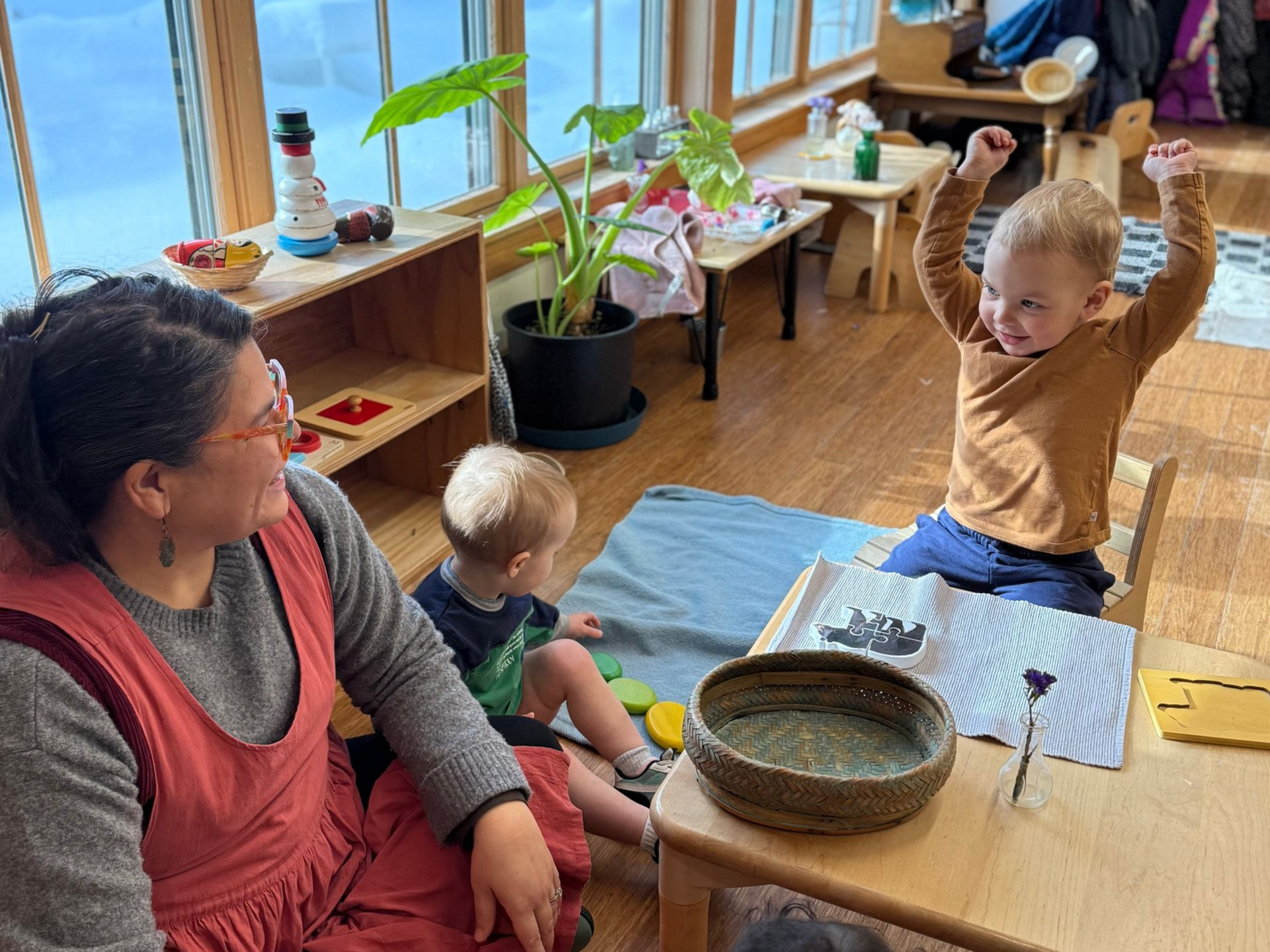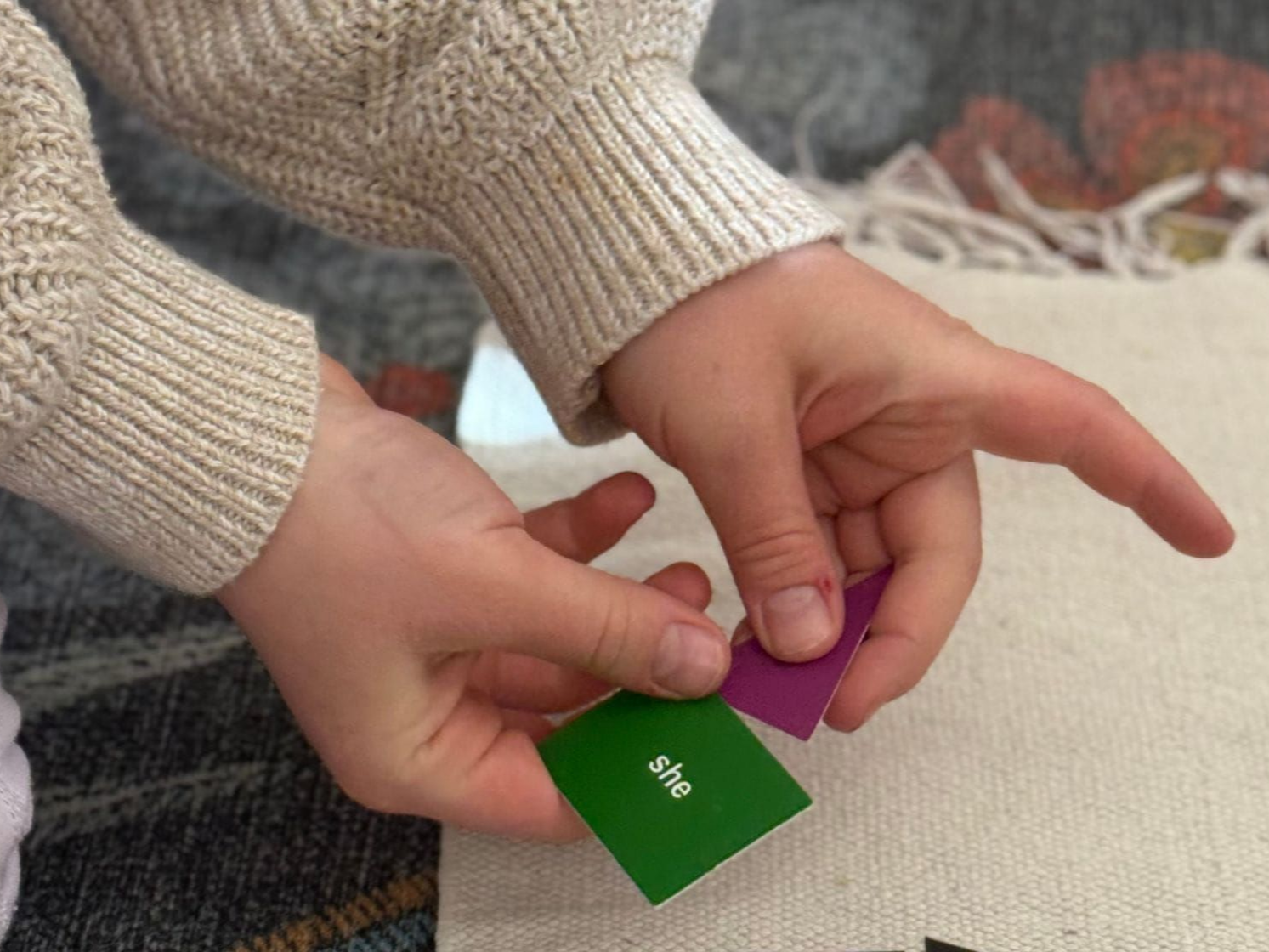Separation Anxiety: Why It’s Normal and What You Can Do

Every fall, the doorways of classrooms become a place of transition. Children are often excited to skip into their school environment, eager to learn and play. Many children also experience some level of separation anxiety, particularly when they are very young. The good news? This is totally normal! Read on to learn more about why, and what you can do to help your child feel good about the time you spend apart.
What does it look like?
Separation anxiety is completely normal. Most young children experience it at some point, and although it can cause stress for both children and parents, it’s actually a healthy part of development, especially during the toddler years. Separation anxiety can manifest in many forms. Parents might see their child display some of all of the following behaviors:
- Crying
- Physically clinging to parent
- Loud protesting
- Persistent worry when separated from parent(s)
Separation anxiety typically doesn’t last very long for most children and resolves itself within a few weeks. Once young children begin to realize that their parents will actually return, their fears tend to alleviate. Even older children can experience short-lived bouts of separation anxiety. These times are often even harder for parents, but it’s all perfectly normal!
Why does it happen?
There are a variety of reasons children may experience separation anxiety, but as we mentioned above, it most often occurs during the early childhood years. Any time from about 7 months of age through 2-3 years of age, children may go through a phase during which separating from their parents can be quite upsetting.
For infants, it’s about differentiating between strangers and people they know. This is obviously an important and healthy part of their development, although it can be heart wrenching when dropping your little one off with care givers in the morning before you head to work.
As children get a little older, the reasons shift toward a fear that the parent may leave and not return. After a period of time, the child learns to trust that the separation is temporary, and the anxious behaviors subside.
There are plenty of other reasons why a child may experience separation anxiety. If they are tired, not feeling well, or are experiencing stress or a period of transition in their life, they may feel the need to be closely attached to their parent(s). These feelings are typically short-lived and resolve themselves once the child feels some level of reassurance or once the underlying cause is no longer an issue.
What can we do?
Each child is different, but the following are some strategies that tend to work well for most families:
- Set aside some extra time in the morning. The simple act of not rushing can create a sense of calm for both you and your child, and it also leaves a few extra minutes for some cuddles.
- Create a routine. When your child knows what to expect, they will feel more able to trust that everything is okay. This may mean singing a special song in the car on the way to school, walking to the drop off area together, and making sure to squeeze in one last hug. Find whatever routine works for you and for your child.
- Be consistent. Once you’ve established a routine, stick to it. This can be a challenge, but it is so important and will do so much to help a child who is feeling anxious. Of course, life has a way of interrupting our plans and routines (especially when you’re trying to get out the door with a young child!) but try to be as consistent as possible.
- Don’t linger, but don’t sneak out. Staying too long can intensify feelings of anxiety when you do leave, but leaving without your child’s knowledge isn’t the greatest idea, either. They may experience feelings of worry or sadness, but they will be more likely to trust if they know when a parent is leaving.
- Ask your child’s teacher or caregiver for advice. Chances are, they have had lots of experience with separation anxiety in children. Teachers are often masters of distraction and redirection, which can help you make a peaceful exit.
What if it’s more?
Once in a while, separation anxiety is more than a phase. Again, your child’s teacher is a good person to consult if you’re concerned. If your child is well past their toddler years, if their anxiety is affecting them in multiple parts of their lives, or if behaviors are stretching past weeks and into months, it can sometimes help to talk to your child’s pediatrician.
Separation anxiety disorder (SAD) is a more severe and persistent version of what most children experience. The good news is, even children who experience SAD have options to help them overcome their fears and work toward healthy, trusting, and confident periods of separations from their parents.
Want to learn more? Check out this fantastic article for helpful tips.
